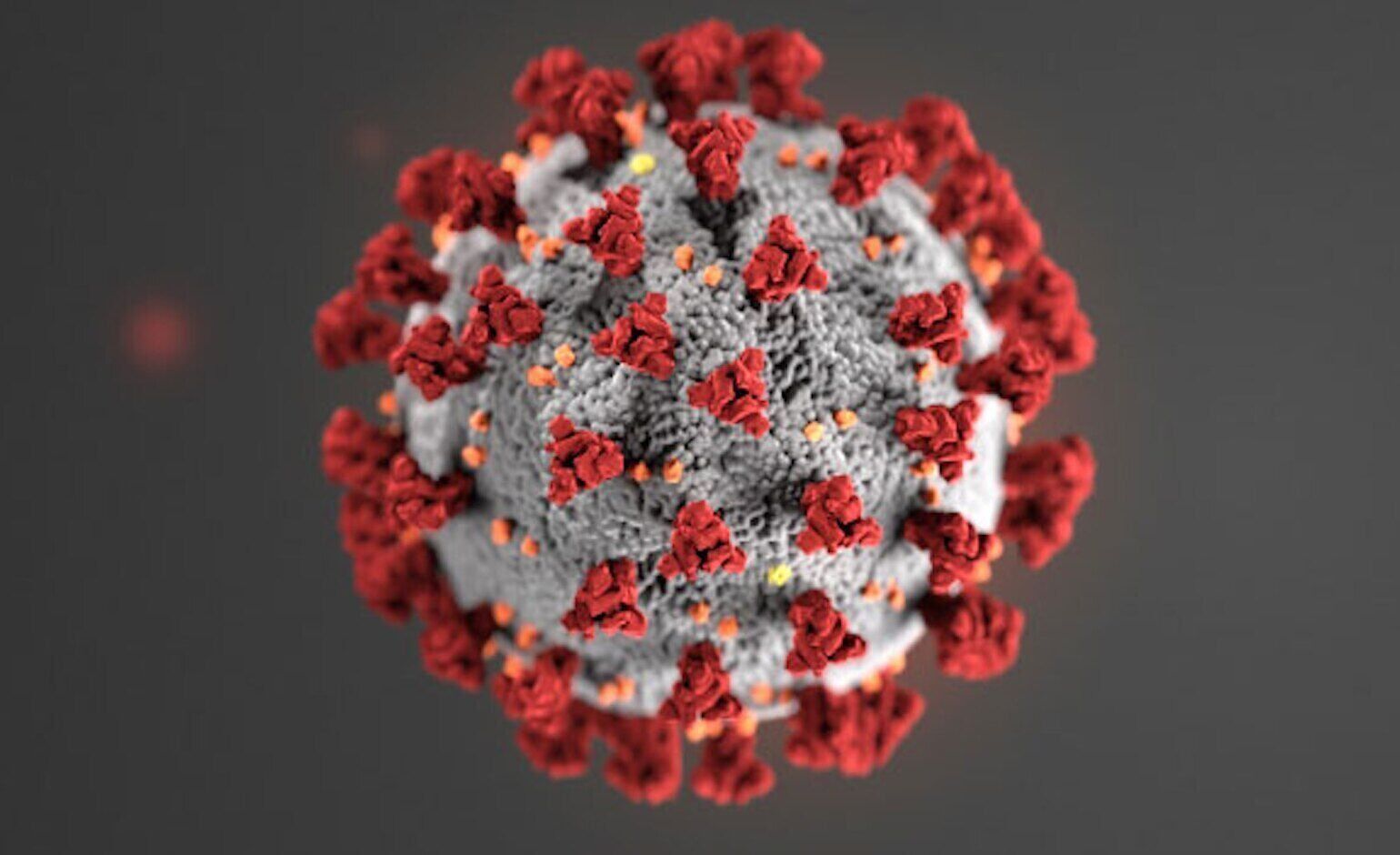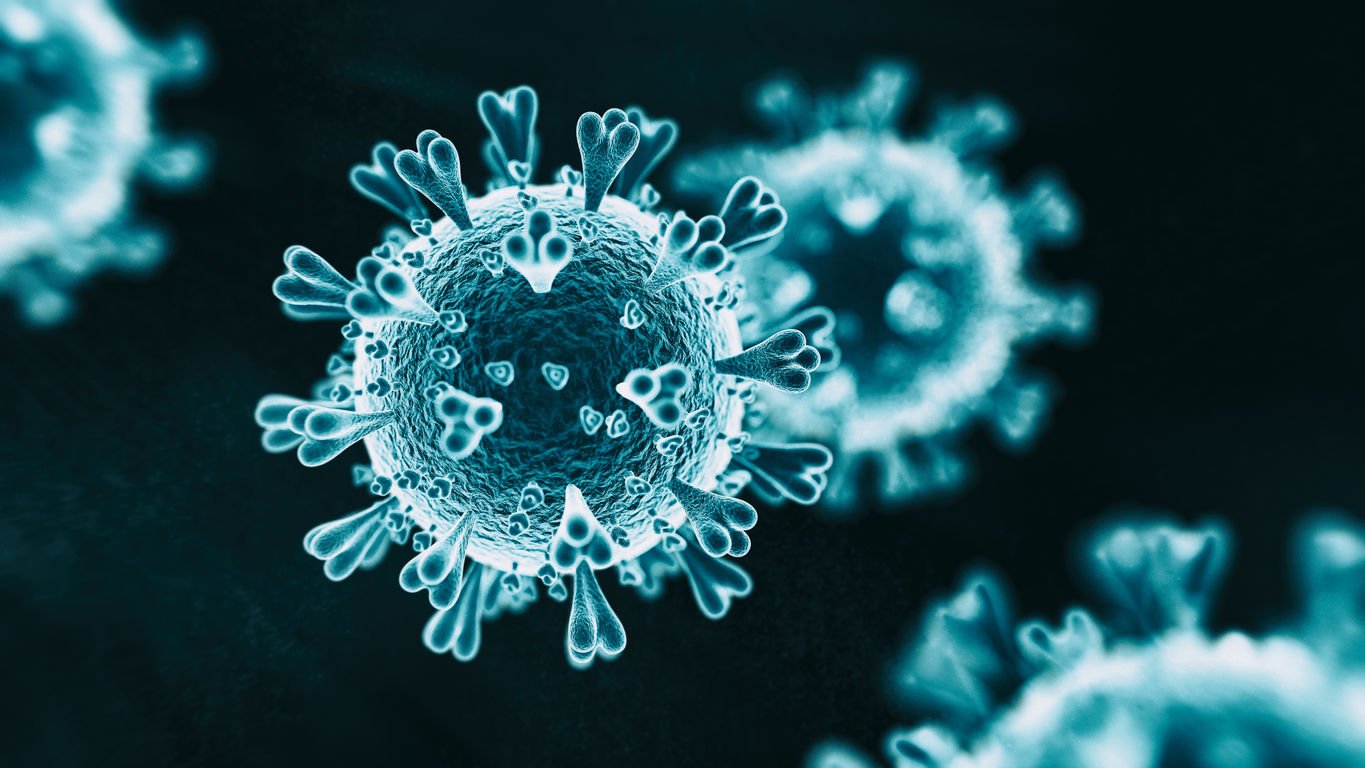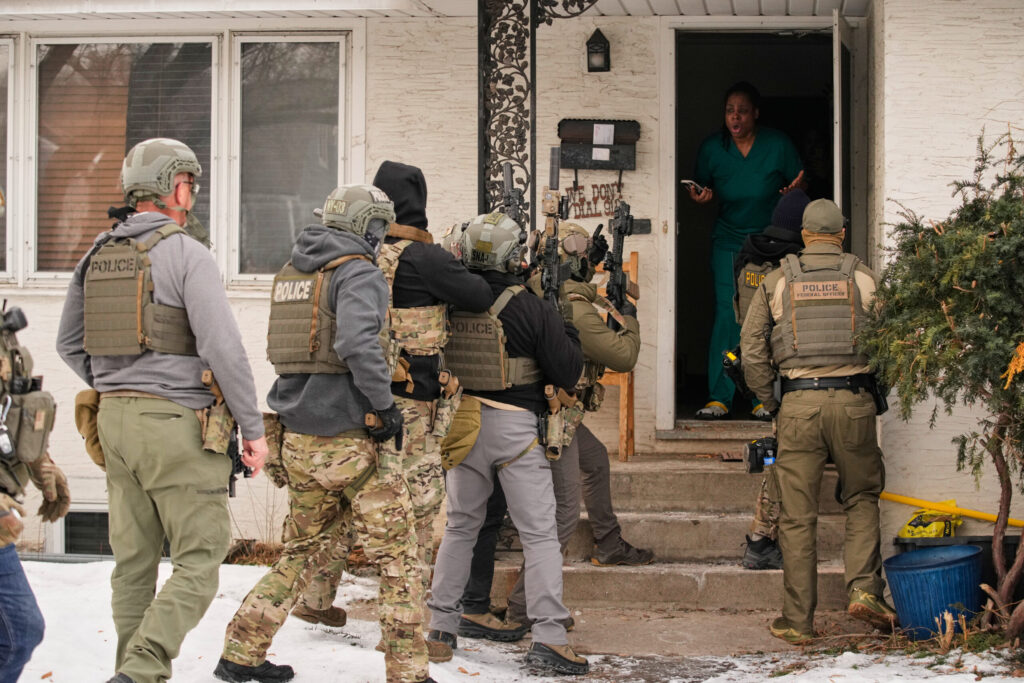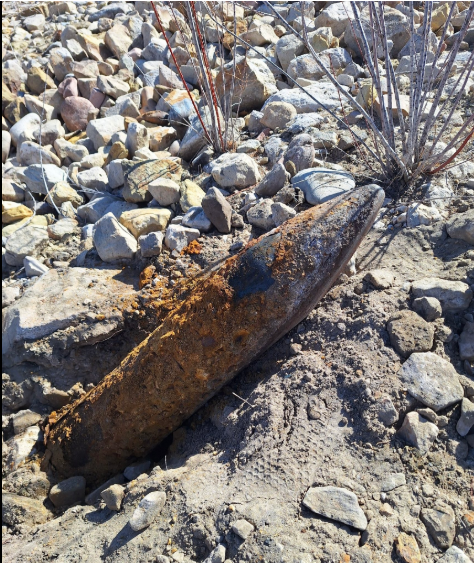Strategies used against delta will remain vital against omicron, Colorado officials say

Colorado health officials are confident they have the ability to identify and track the latest COVID-19 variant when it does emerge here, and they said Tuesday that current strategies, like vaccinations and masks, will remain vital regardless of the dominant virus strain.
The omicron variant has not yet been identified anywhere in the United States, though cases have been confirmed in Canada and Western Europe. Though omicron is known to have a high number of mutations, little is definitively known about this latest strain, including its transmissibility, its severity and its effect on vaccine immunity.
But the number and type of mutations give some clues. Rachel Herlihy, Colorado’s state epidemiologist, told reporters Tuesday that experts could “potentially expect to see … increased transmissibility and potentially some level of immune system being evaded” by omicron.
She pointed to the state’s experience with the delta variant, which emerged earlier this year and now accounts for nearly every COVID-19 case in the state. Delta is more transmissible than the previously dominant strains of the virus.
“What we learned from that,” she said, “is that these more transmissible variants are even more efficient at findings individuals who are unvaccinated and at risk.”
Anecdotal reports from South Africa indicate many omicron cases are mild, Herlihy said, but a “large number” of those early infections are among younger people, who typically fare better against COVID-19. Hospitalizations have also increased in the country, but the relationship of that increase to omicron is also uncertain, she said.
The strategies the state has used to fight the two previously dominant variants – alpha and now delta – are the same that it will use for omicron, she said: vaccines, boosters, masks, distancing. Additional doses for those already vaccinated will be particularly important if omicron brings with it more “immune evasion,” she said.
Scott Bookman, Colorado’s COVID-19 incident commander, indicated the state was still not considering a mask mandate or other top-down public health responses, beyond what’s in place to help hospital capacity.
The state will also continue using detection systems, now adjusted to pick up the new variant, to track the emergence of omicron, said Emily Travanty, who leads the state’s public health laboratory. The tests used on people who may have COVID-19 “are expected to work with this variant,” she said. Positive tests are pulled from across the state and sampled by both Travanty’s public lab and private counterparts to gauge what variants are dominant, and if any new ones have emerged.
A spokesman for the state Department of Public Health and Environment said Colorado is fourth in the nation for sequencing positive samples.
The final component of the tracking system is wastewater testing, said Rachel Jervis, epidemiologist with the health department. Two samples are drawn weekly from 21 wastewater utilities statewide, she said, which gives health officials the ability to monitor what is spreading within an entire community, as opposed to an individual-by-individual basis. It serves as an “early warning system,” Jervis and Travanty said, of what strain is spreading.
“I’m confident that through both the clinical sequencing as well as this early warning system with the wastewater sequencing that we are able to see omicron when it does appear in Colorado,” Travanty said.
Herlihy added the state was working on “standing up procedures” for responding to the variant when it does arrive, including “case investigations, contact tracing and enhanced travel monitoring for individuals that have come from countries where the infections is spreading more readily, to make sure we have all of those systems in place and we’re ready to respond.”














